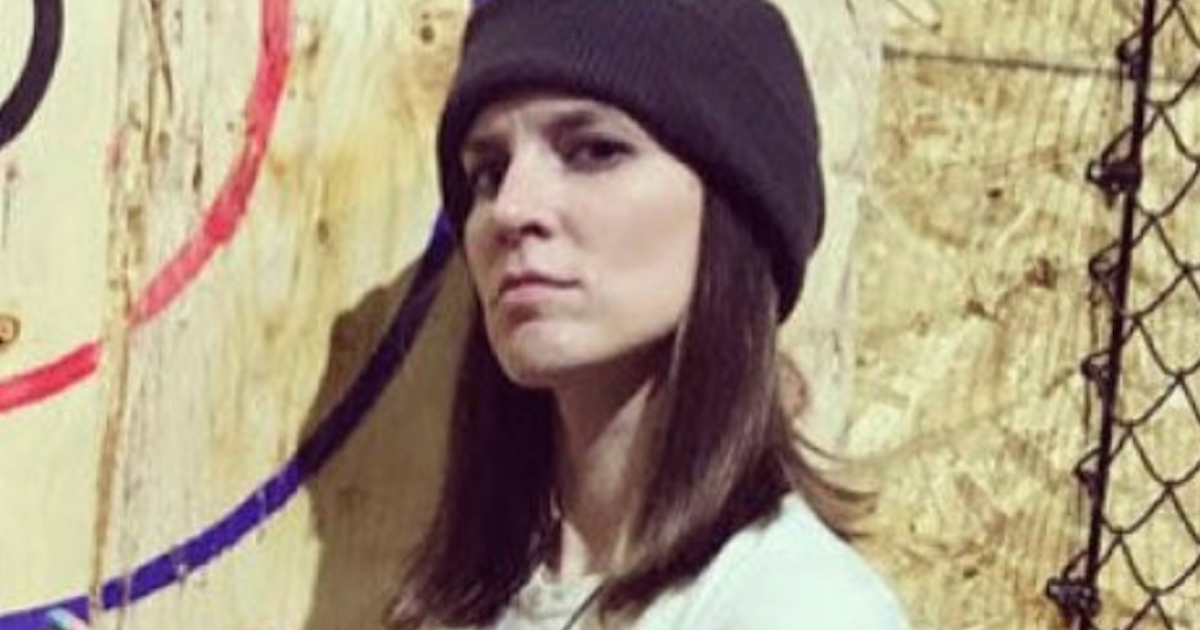Jeanette Maus Passes from Colon Cancer
- Actress Jeanette Maus passed from colon cancer this week, following an 8-month battle with the disease.
- Maus, like 43-year-old actor Chadwick Boseman, was young when diagnosed; incidences of this disease in younger people have been rising over the past two decades.
- Risk factors for colon cancer include family history and alcohol consumption. Early symptoms of the disease may present as blood in your stool, or unexplained weight loss.
Colorectal Cancer Is On The Rise in Young Adults Here's What We Know
Read More
View this post on Instagram
Colon Cancer Risk Factors
Colon cancer risk factors include lifestyle and biological components. If there’s a history of colon cancer in your family, for instance, you may be at a higher risk for getting this disease, too. It has been called “crucial” to know your family history when it comes to cancer, particularly colon cancer, as this disease can be hereditary. Talk to your family about their cancer history, so you can take proactive steps to screen for this disease at an earlier age if needed.
Lifestyle factors for elevated colon cancer risk may include things like alcohol consumption. Dr. Heather Yeo, a Colorectal Surgeon and Surgical Oncologist at Weill Cornell Medicine and New York-Presbyterian, said in a previous interview with SurvivorNet, “…high levels of alcohol certainly predispose to a certain number of cancers, including pancreatic and liver cancer, and may predispose to colon cancer. But there’s also some data that shows that low levels of alcohol, or a glass of wine here and there, may actually lower your risk of colon cancer.”
Related: How Does a Colon Polyp Turn into Cancer?
Dr. Yeo advises moderation, not temperance. “What I generally tell my patients is that I think that moderation is important,” she said. “I think that, particularly for women, anything over a half a glass or a glass a day is probably not helping your overall health. For men, they can probably go one to two glasses before they start seeing health effects.”
Does Alcohol Impact the Risks for Colon and Other Cancers?
Screening for Colon Cancer
Colon cancer is screened for and typically detected via colonoscopy, which looks for polyps small growths on the colon that may turn into cancer. Maus sadly passed away at an age that is younger than the recommended age (45) to begin screening for this disease. People with a family history of colon cancer should begin screening for it ten years prior to when a person in their family was diagnosed. For instance, if your uncle was diagnosed with colon cancer at 44, you should begin screening for it at age 34.
Dr. Yeo explained in an earlier interview, “Most patients get their diagnosis of colorectal cancer having had a colonoscopy. Either they have symptoms, so they’ve had blood in their stool, or they’ve had some weight loss and anemia, meaning their blood count is low. And they are sent for a colonoscopy.”
Related: Looking for Polyps During Colonoscopy
The colonoscopy is meant to detect any abnormalities or points of concern, said Dr. Yeo. “The colonoscopy often will show something abnormal. So it will show a mass. Sometimes, it shows a polyp that looks a little bit more abnormal. We want to review the actual specimen, what the biopsy piece. We want to look at that on the slides and actually see if we see that there’s clearly cancer there. Once we do that, then there’s a series of tests. We usually start with one blood test.”
Following bloodwork, other tests may be administered to check for cancer, said Dr. Yeo. “And then, we start with a CAT scan, usually the chest to the abdomen and pelvis if we’re sure that there’s a cancer there. And then, those things kind of tell us whether or not there’s a distant disease. So has it spread anywhere? And does it have big pieces in the lung or the liver, which are kind of the most common places that it would spread?”
Colon Cancer Diagnosis: What Happens After the Colonoscopy
Learn more about SurvivorNet's rigorous medical review process.

